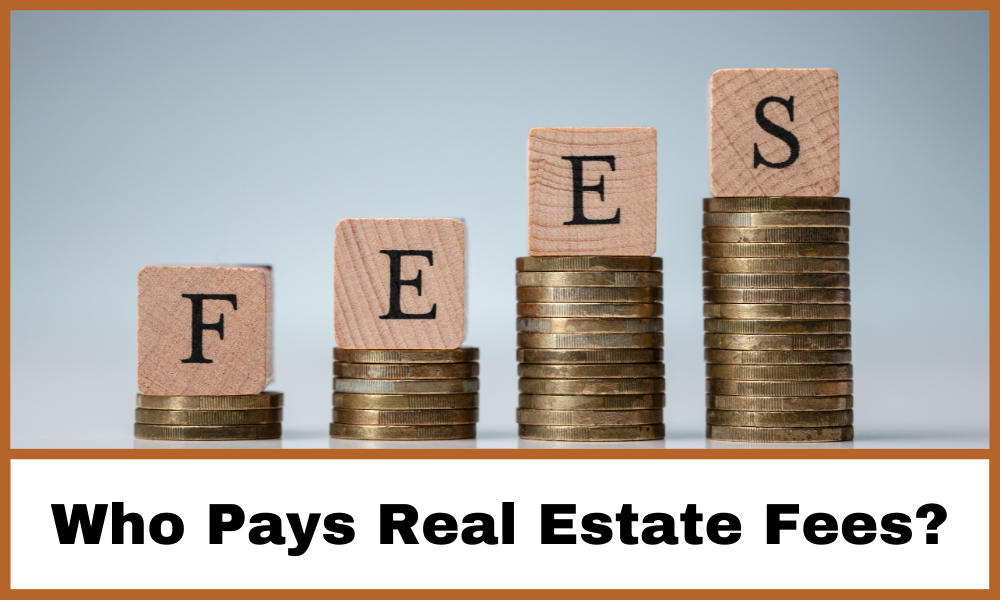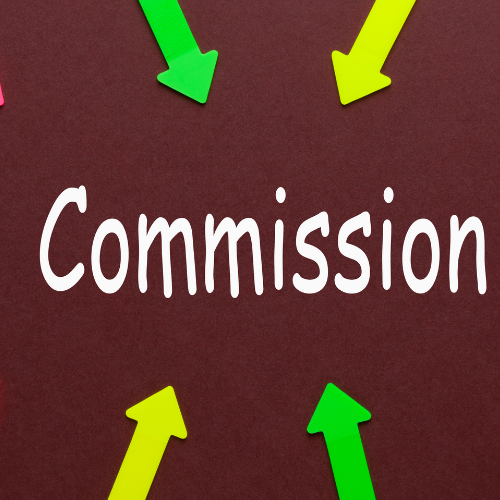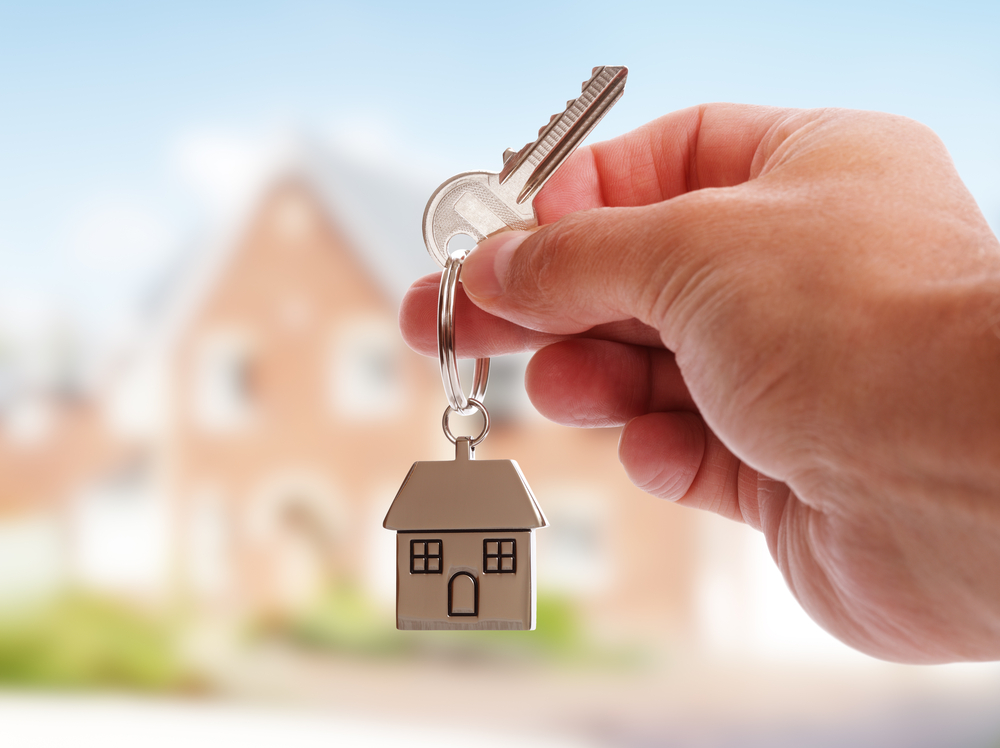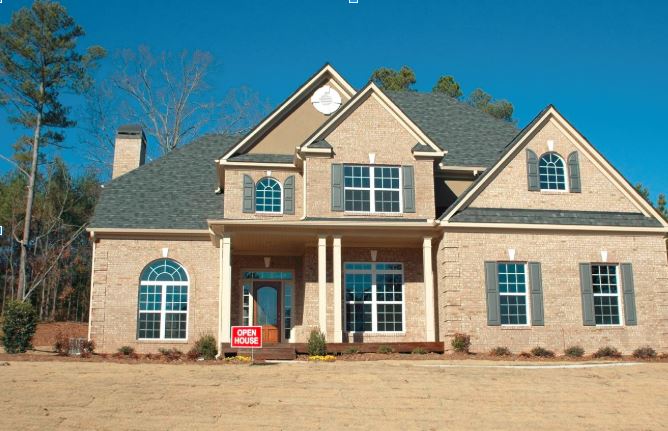Buying a home is a major life decision, and it’s essential to find the right one that meets your needs and preferences. There are many factors to consider when choosing a home, from its location to its size, layout, and amenities.
In this article, we will explore the key things that people look for when buying a home and offer some tips on how to find the perfect home for you.
Location
One of the most important things that people look for when buying a home is its location. The location can have a significant impact on your quality of life, so it’s essential to choose a home that is situated in a convenient and desirable area.
Some of the key factors to consider when evaluating a location include its proximity to important places and services, neighborhood safety, and availability of transportation.
When evaluating a location, it’s essential to consider how close it is to places that matter to you, such as your workplace, school, or family members. It’s also essential to consider the availability of essential services like hospitals, grocery stores, and parks. Living close to these places can make your life easier and more convenient.
Safety is a top concern for many homebuyers. It’s important to choose a neighborhood that is safe and has a low crime rate. You can research the crime statistics in the area you are considering by checking local crime reports or speaking with the local police department.
Transportation is another crucial factor to consider when evaluating a location. Living near public transportation, such as a subway or bus stop, can make it easier to get around without a car. Access to highways and major roads can also make commuting more convenient. It’s also important to consider the walkability of the city you choose, as it can make it easier to run errands or enjoy a stroll around the block.
Home size and layout
The size and layout of a home are also essential factors to consider when buying a home. The number of bedrooms and bathrooms, kitchen size and layout, and living space are all important considerations when evaluating a home’s size and layout.
The number of bedrooms and bathrooms in a home will depend on your household size and needs. It’s important to choose a home that has enough bedrooms and bathrooms to accommodate your family and guests comfortably.
The kitchen is often the heart of the home, and it’s important to choose a kitchen that meets your needs. The size and layout of the kitchen can impact how easy it is to cook and entertain. Consider the number of cabinets and counter space and the layout of the appliances when evaluating a home’s kitchen.
The amount of living space in a home is also an essential consideration. You should look for a home that has enough space for you to relax and enjoy time with your family and friends. Consider the size of the living room, family room, and any additional living spaces that may be important to you.

Outdoor space
Outdoor space is another critical factor to consider when buying a home. A yard or outdoor living space can provide a place to relax and enjoy the outdoors.
Consider the size and upkeep of the yard, outdoor living spaces like patios or decks, and any views that may be important to you.
The size of the yard and the level of upkeep required are important factors to consider. A large yard may require more maintenance, while a smaller yard may be easier to maintain. It’s also essential to consider the type of landscaping and whether it meets your preferences.
If you enjoy spending time outdoors, it’s important to choose a home that has outdoor living spaces. This can include patios, decks, or even balconies. Consider the size and privacy of the outdoor space, as well as any features like a grill or fire pit.
The view from a home can also be an important consideration. If you enjoy looking out over natural landscapes like mountains or water, look for a home that offers these types of views. Alternatively, if you prefer an urban setting, consider a home with city views.
Home features and amenities
Home features and amenities are also important factors to consider when buying a home. These can include upgrades and renovations, energy efficiency, and storage space.
Many homebuyers look for homes that have been recently upgraded or renovated. This can include things like a new roof, updated appliances, or renovated bathrooms. These updates can improve the home’s value and can save you money on repairs in the long run.
Energy efficiency is becoming increasingly important to homebuyers. Look for homes that have energy-efficient features like insulation, efficient heating and cooling systems, and energy-efficient appliances. These features can save you money on your utility bills and reduce your impact on the environment.
Storage space is another essential consideration when evaluating a home. Look for homes that have ample storage space, including closets, pantries, and garage space. This can help you stay organized and keep your home clutter-free.
Affordability
Finally, affordability is an important consideration when buying a home. This includes the overall cost of the home, financing options, and property taxes and maintenance costs.
The overall cost of the home includes the purchase price as well as any associated costs like closing costs or home inspections. Look for a home that fits within your budget and that you can comfortably afford.
There are many financing options available when buying a home, including conventional mortgages, FHA loans, and VA loans. Speak with a lender to determine which option is right for you.
It’s also important to consider the ongoing costs of homeownership, including property taxes and maintenance costs. These can add up over time and impact your overall affordability.
Summing it up
In conclusion, there are many factors to consider when buying a home, including its location, size and layout, outdoor space, home features and amenities, and affordability.
It’s important to weigh these factors carefully and find the right home that meets your needs and preferences. Remember to consider all the things to do in the area you are considering when evaluating a location, and work with a reputable real estate agent to find the perfect home for you.















